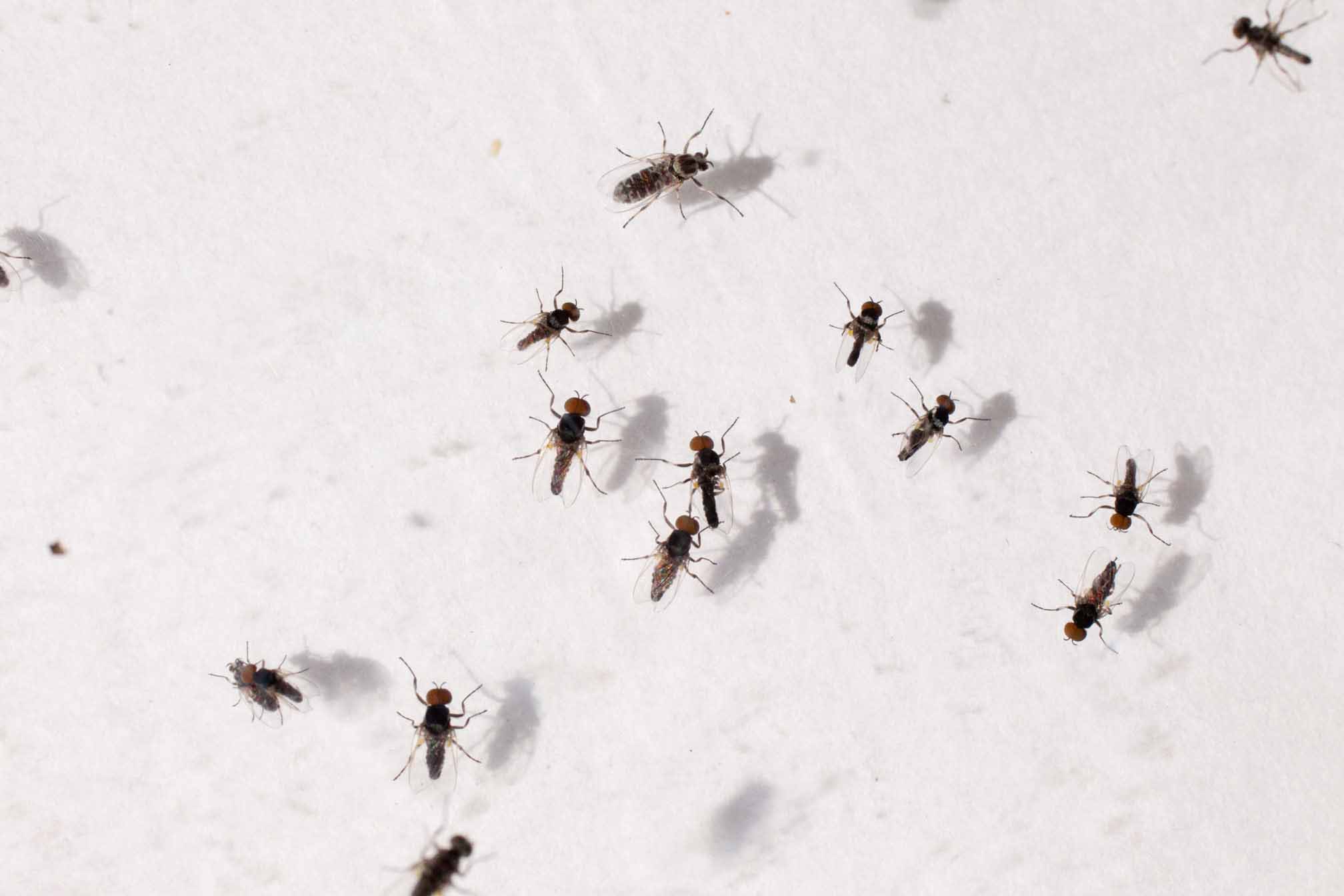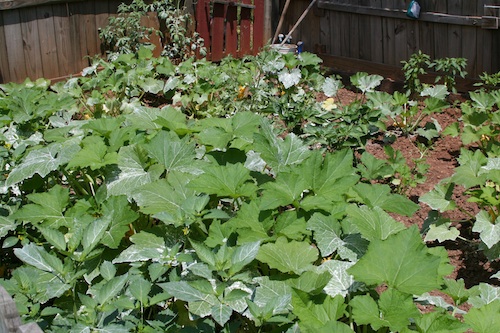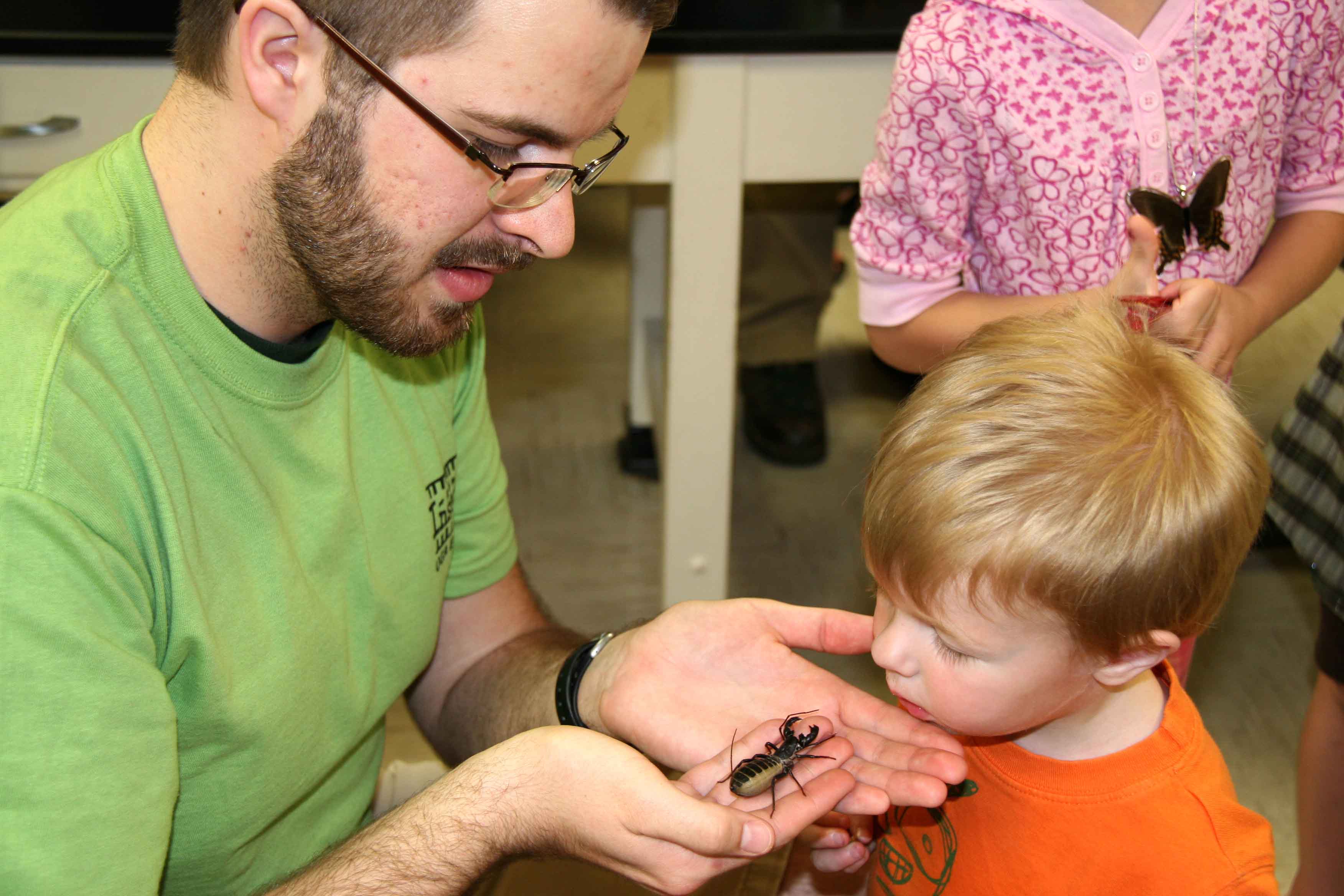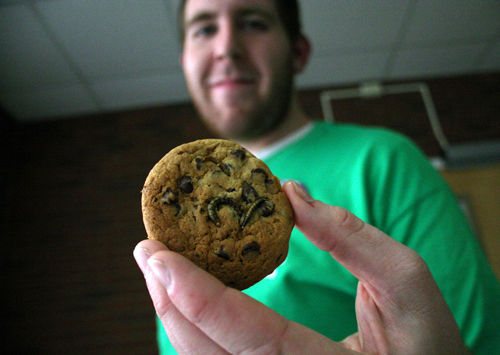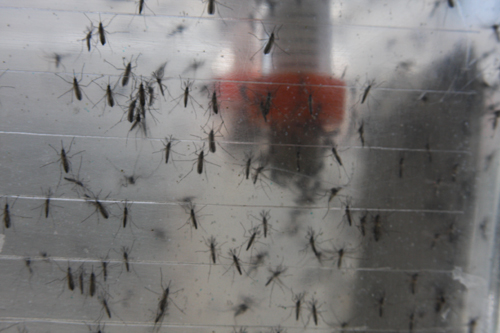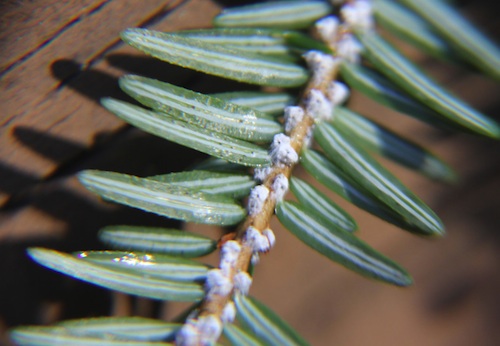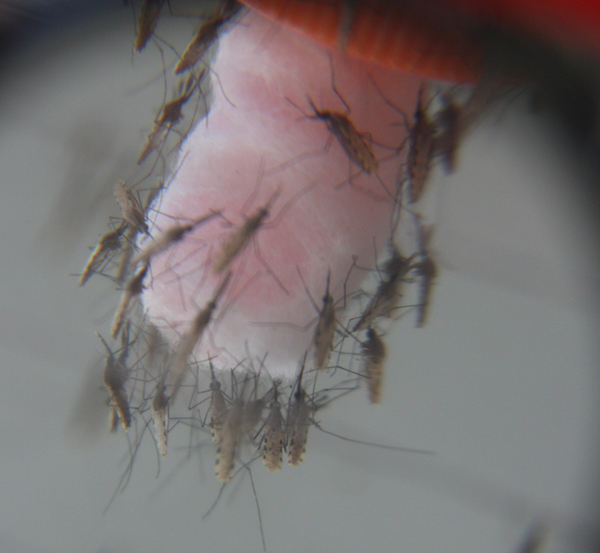 CAES News
CAES News
Heartworms: deadly, expensive
County and city officials in the Southeast spend millions of dollars each year to combat mosquitoes. But those costs are only a fraction of what Southeastern families spend to keep their furry family members safe from mosquito-born parasites.

